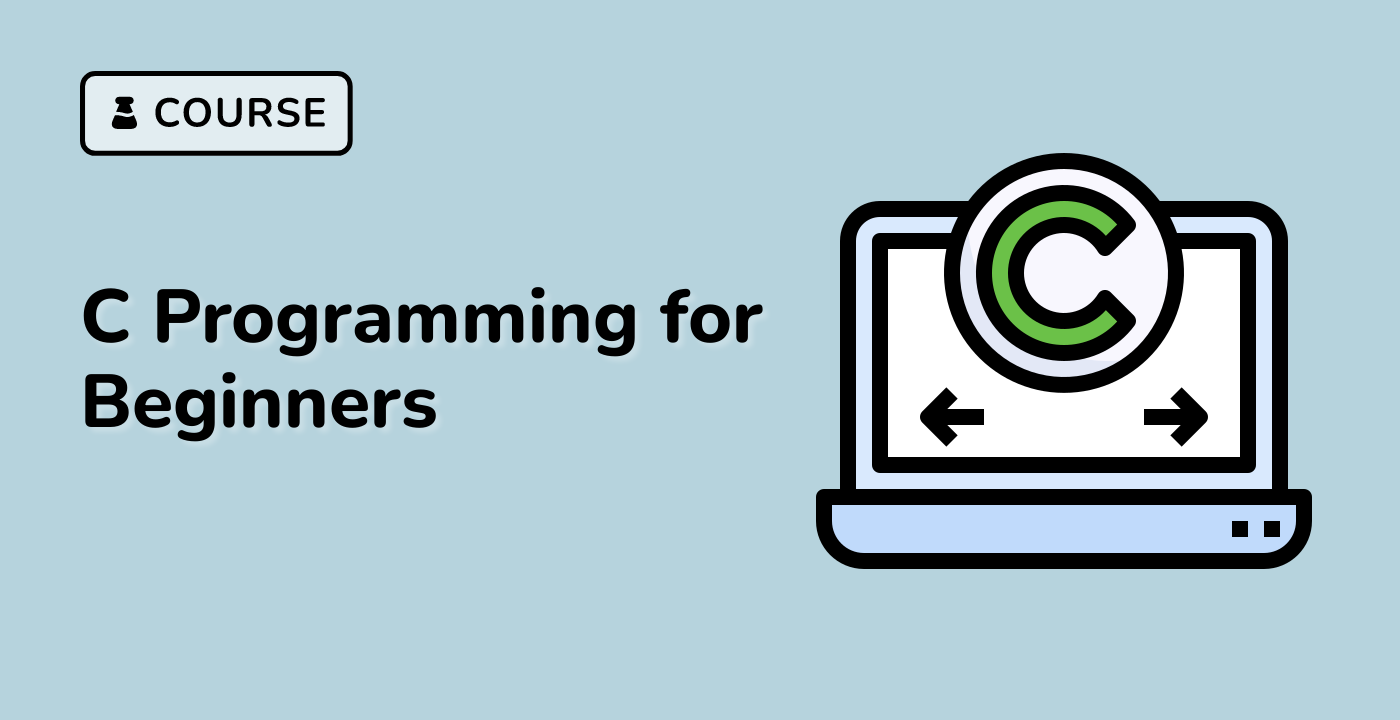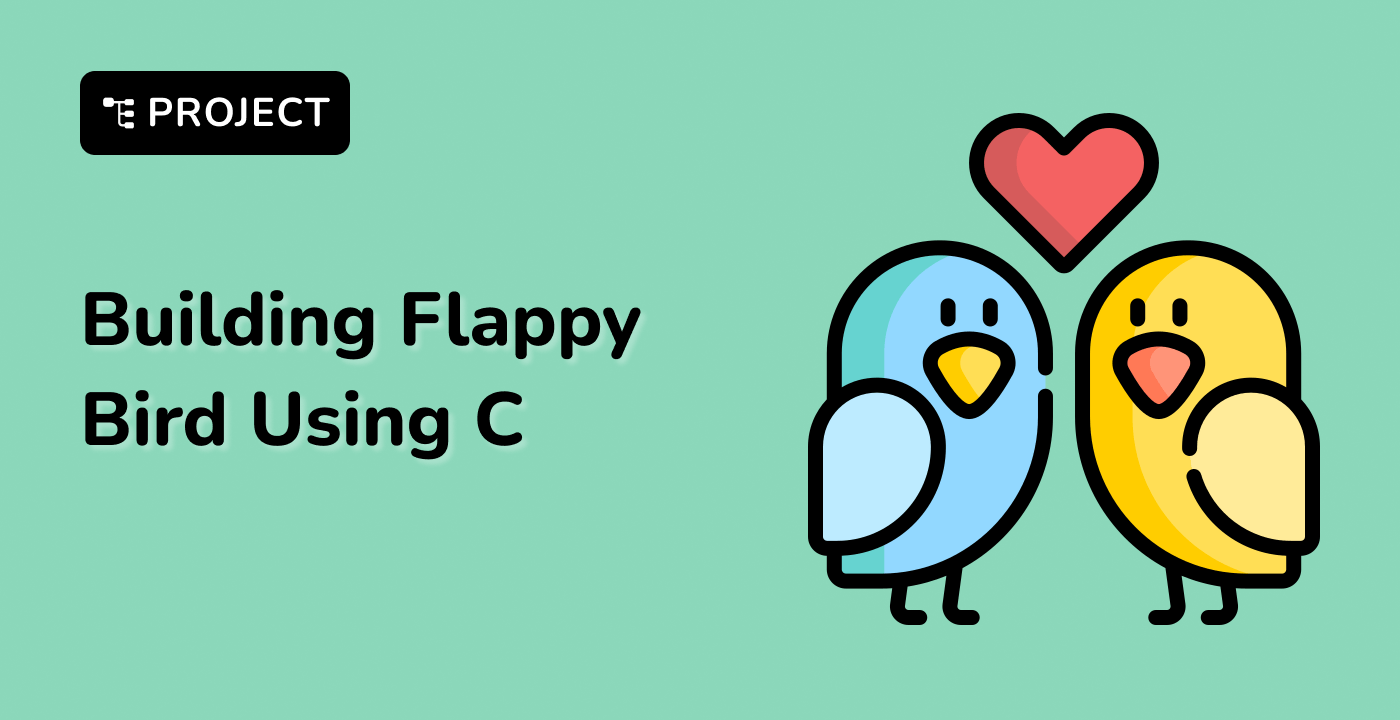Practice Function Usage
In this final step, you'll apply everything you've learned about functions in C by creating a comprehensive program that demonstrates multiple function types and usage.
Let's create a file called calculator.c in the ~/project directory:
cd ~/project
touch calculator.c
Now, let's write a program that implements a simple calculator with various functions:
#include <stdio.h>
// Function to add two numbers
int add(int a, int b) {
return a + b;
}
// Function to subtract two numbers
int subtract(int a, int b) {
return a - b;
}
// Function to multiply two numbers
int multiply(int a, int b) {
return a * b;
}
// Function to divide two numbers with error handling
float divide(int a, int b) {
if (b == 0) {
printf("Error: Division by zero!\n");
return 0;
}
return (float)a / b;
}
// Void function to display calculator menu
void display_menu() {
printf("\n--- Simple Calculator ---\n");
printf("1. Addition\n");
printf("2. Subtraction\n");
printf("3. Multiplication\n");
printf("4. Division\n");
printf("5. Exit\n");
printf("Enter your choice: ");
}
int main() {
int choice, num1, num2;
float result;
while (1) {
display_menu();
scanf("%d", &choice);
// Exit condition
if (choice == 5) {
printf("Goodbye!\n");
break;
}
// Validate choice
if (choice < 1 || choice > 4) {
printf("Invalid choice. Try again.\n");
continue;
}
// Get user input
printf("Enter two numbers: ");
scanf("%d %d", &num1, &num2);
// Perform calculation based on user choice
switch (choice) {
case 1:
result = add(num1, num2);
printf("Result: %d + %d = %d\n", num1, num2, (int)result);
break;
case 2:
result = subtract(num1, num2);
printf("Result: %d - %d = %d\n", num1, num2, (int)result);
break;
case 3:
result = multiply(num1, num2);
printf("Result: %d * %d = %d\n", num1, num2, (int)result);
break;
case 4:
result = divide(num1, num2);
printf("Result: %d / %d = %.2f\n", num1, num2, result);
break;
}
}
return 0;
}
Let's break down the key concepts:
- Multiple function types are used (return values, void functions)
- Functions perform specific mathematical operations
display_menu() is a void function showing the menu- Arithmetic functions return calculated results
- The
main() function implements a menu-driven calculator
- Error handling is included for division by zero
switch statement used to select operation
Compile and run the program:
gcc calculator.c -o calculator
./calculator
Example interaction:
--- Simple Calculator ---
1. Addition
2. Subtraction
3. Multiplication
4. Division
5. Exit
Enter your choice: 1
Enter two numbers: 10 5
Result: 10 + 5 = 15
--- Simple Calculator ---
...
Enter your choice: 5
Goodbye!
Key points about function usage:
- Combine different function types
- Use functions to break down complex problems
- Implement error handling
- Create modular and reusable code




